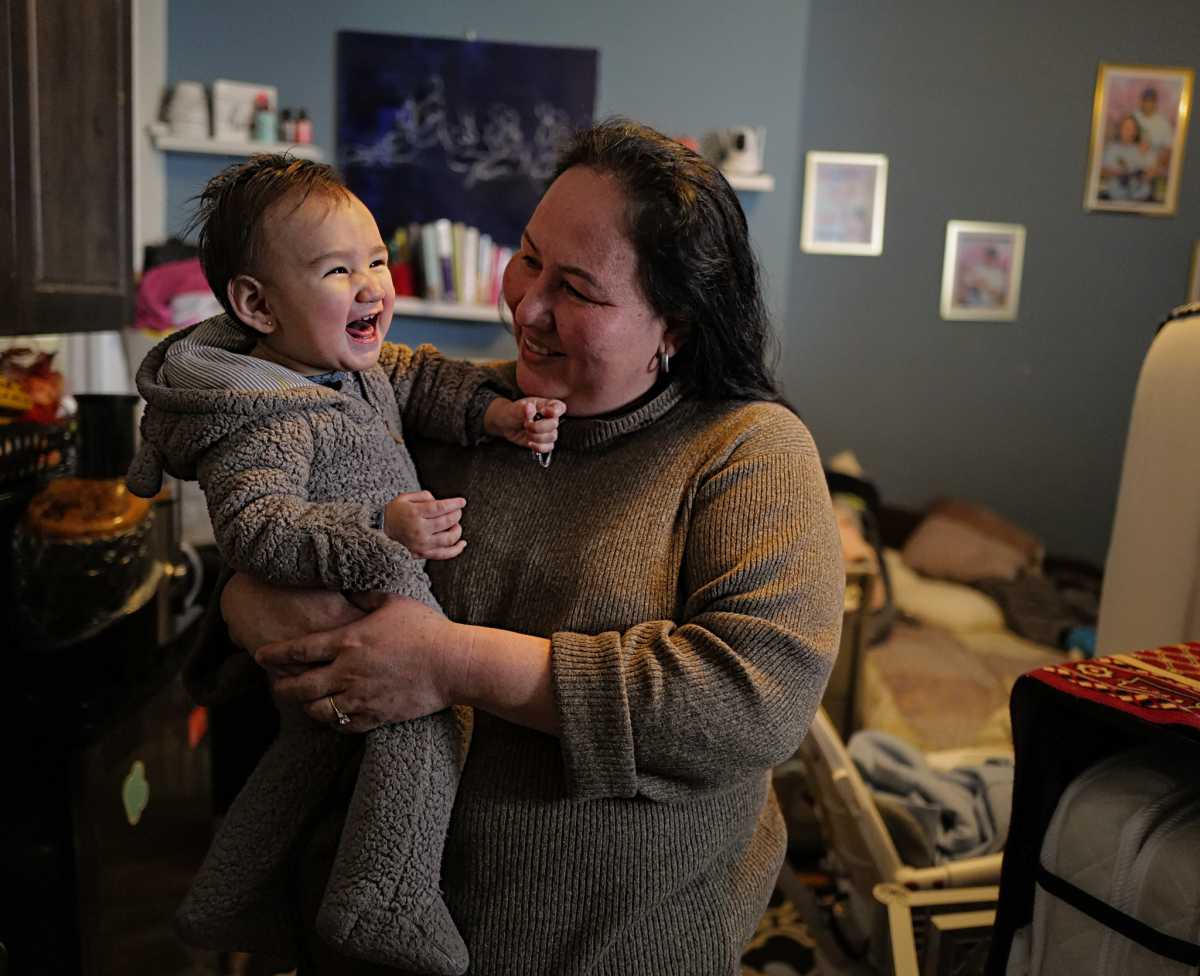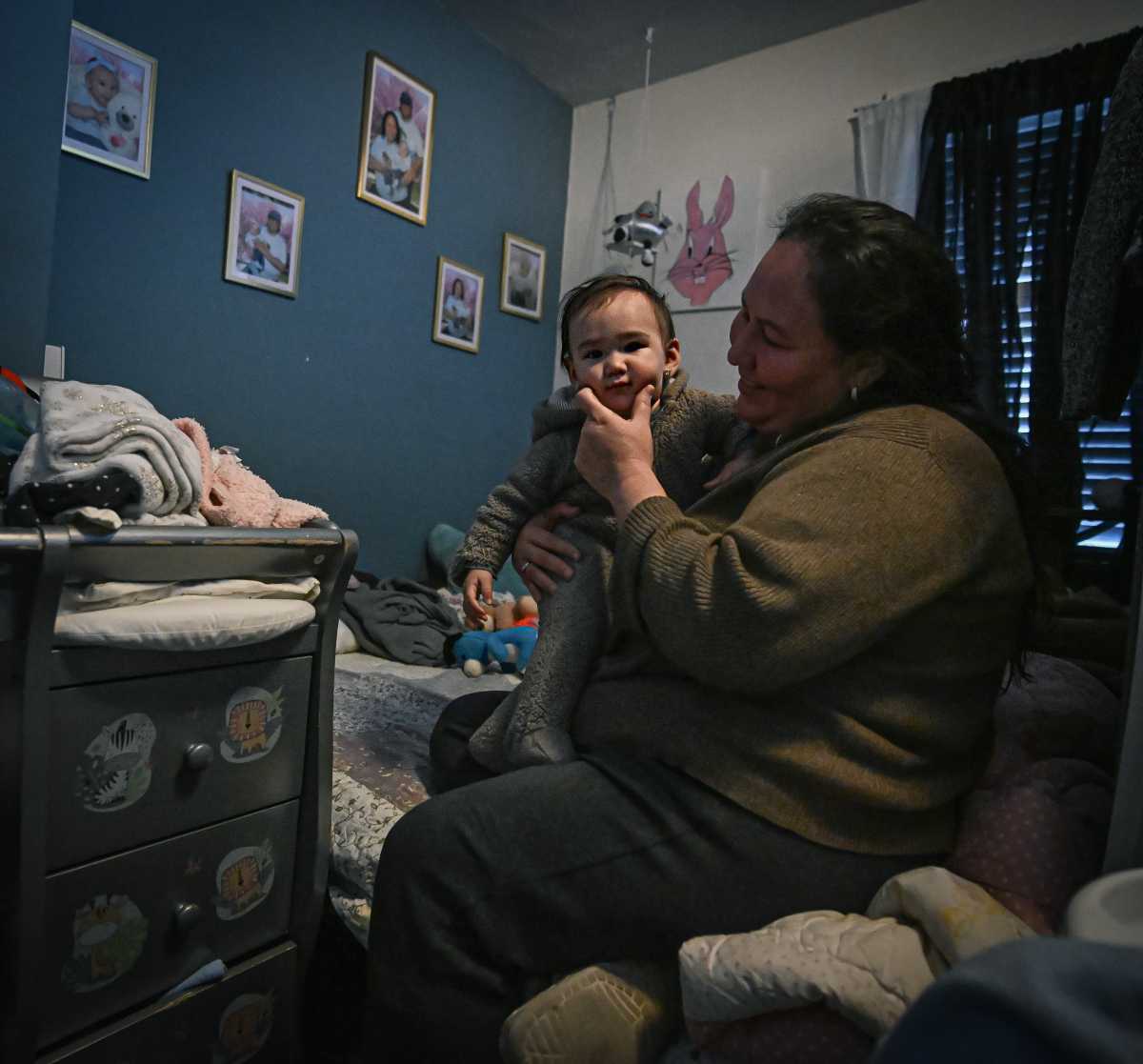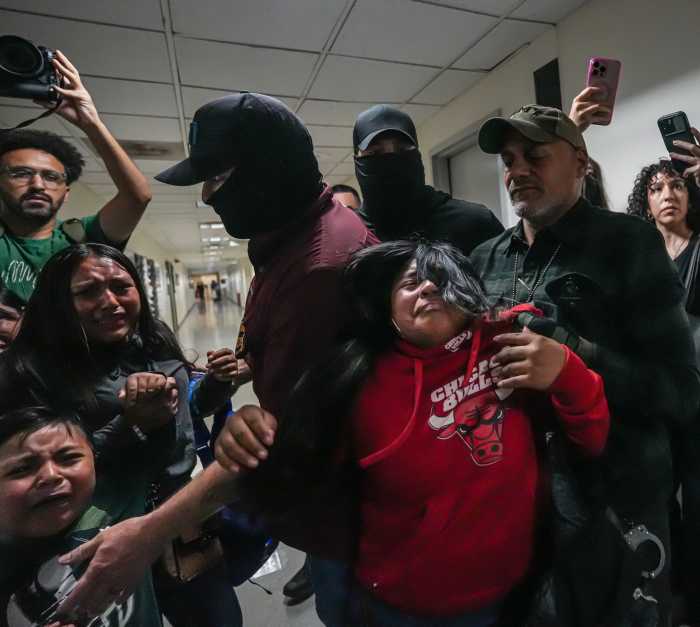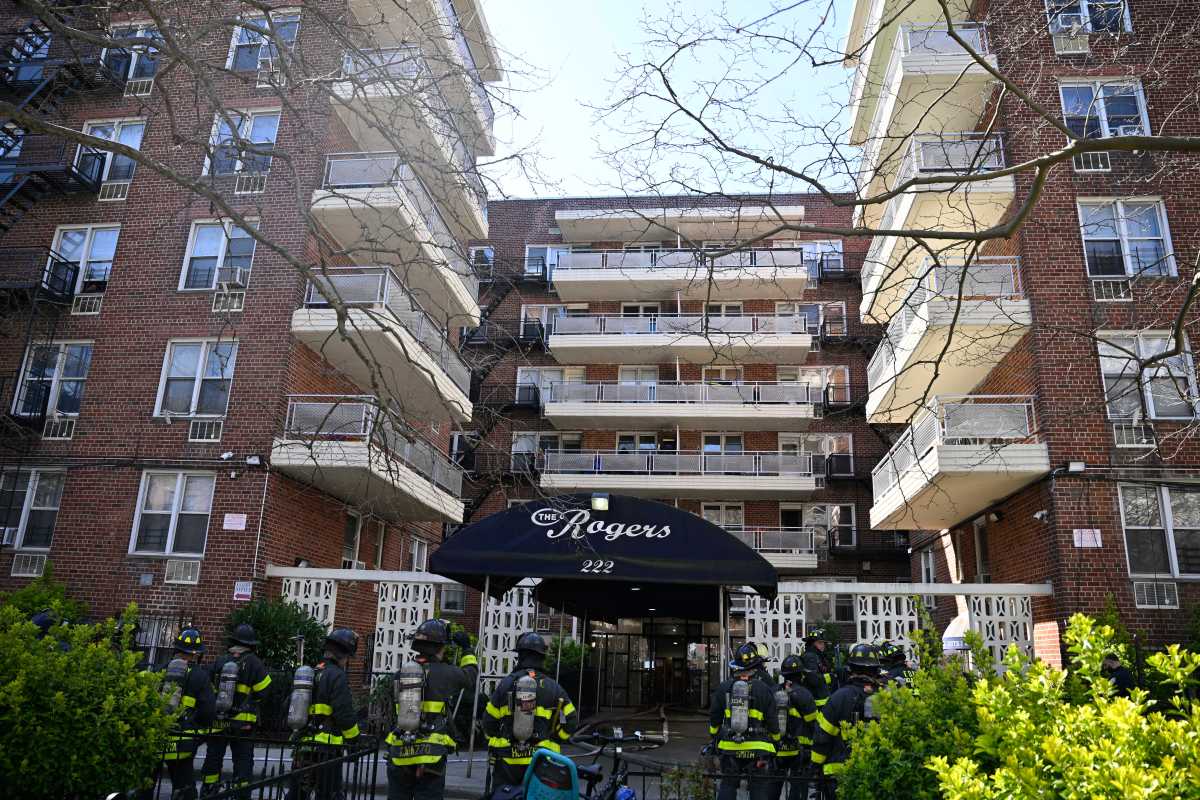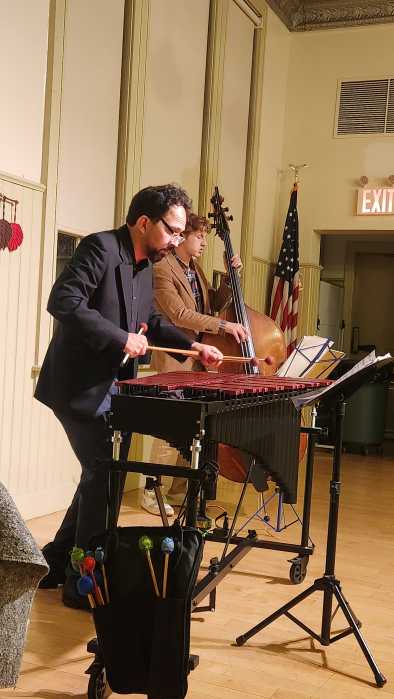Ecuadorian native Alexandra Alvarez, 44, sat in her cramped Queens apartment holding her cellphone close to her mouth, waiting to hear her husband’s voice crackle from the other end of the line. Her mother and 11-month-old daughter sat across the room, divided by a mattress, the child’s cries sporadically interrupting the expectant silence.
Alvarez’s husband, 46-year-old Manuel Mejia Hernandez, has been separated from his family for over a month after he was detained by masked federal agents inside 26 Federal Plaza on Oct. 22. During the government shutdown, Alvarez told amNewYork, Hernandez was sent out of New York without warning or explanation to a detention center in Texas before finally ending up in Arizona.
“In a week, they were transferred without anyone knowing, without being registered in the system; they went to Texas,” Alvarez said.
Now the only way she can speak to the father of her child, now over 2,330 miles away, is by dialing the facility and hoping he will be permitted to speak.
On this day, Hernandez’s raspy voice sounded over the phone, conveying a sense of dejection in his tone as he revealed the current state of the conditions at the center where he was being held. He told Alvarez and amNewYork that he has been forced to wear the same clothes for weeks at a time through the initial processing procedure, and had not had a shower for more than a week.
“You spend time in the same clothes for one week, two weeks, until they process you. With the same clothes,” Hernandez said, adding that guards ignore questions until all detainees are processed. “They give you a hairbrush, toothpaste, and deodorant. When they process, they give you all that.”
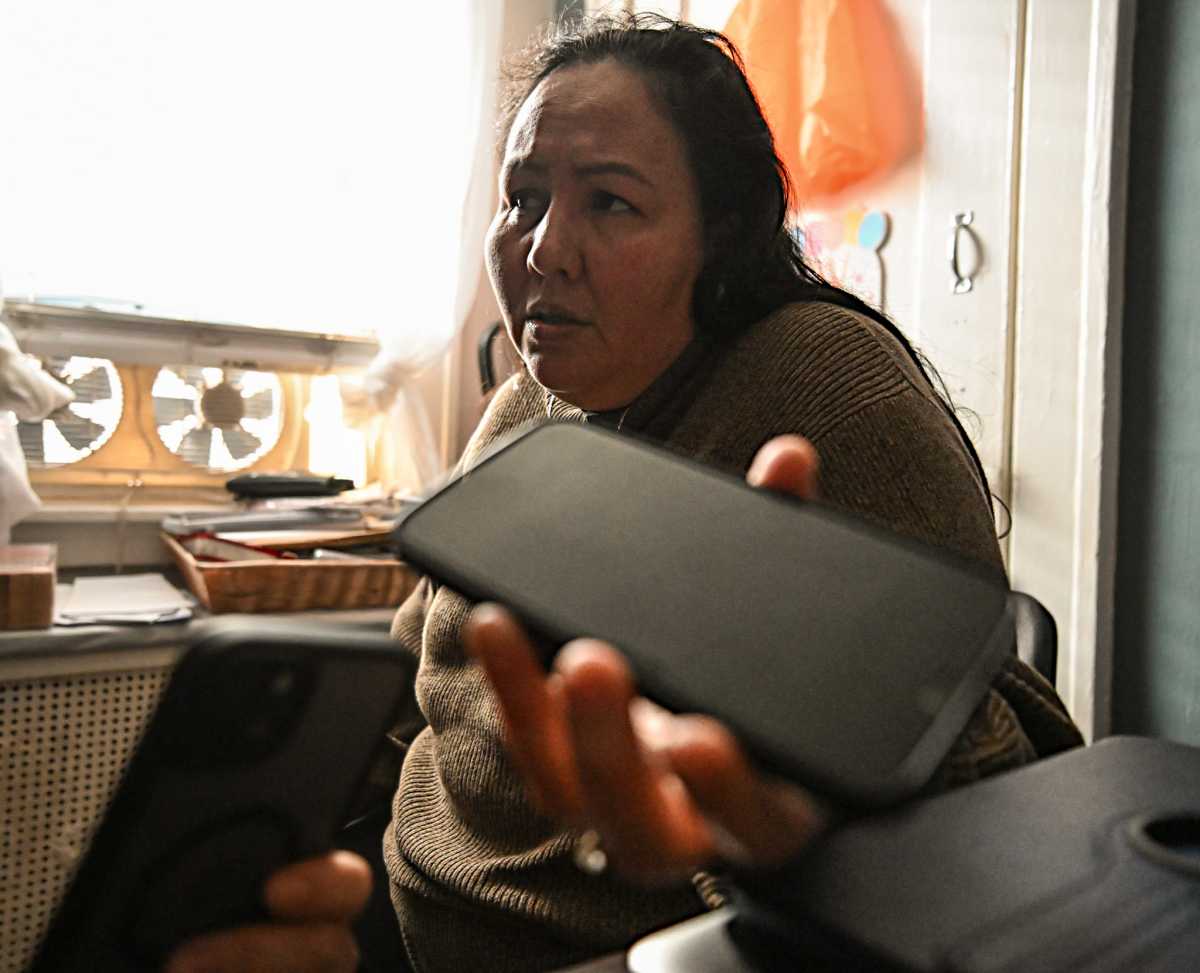
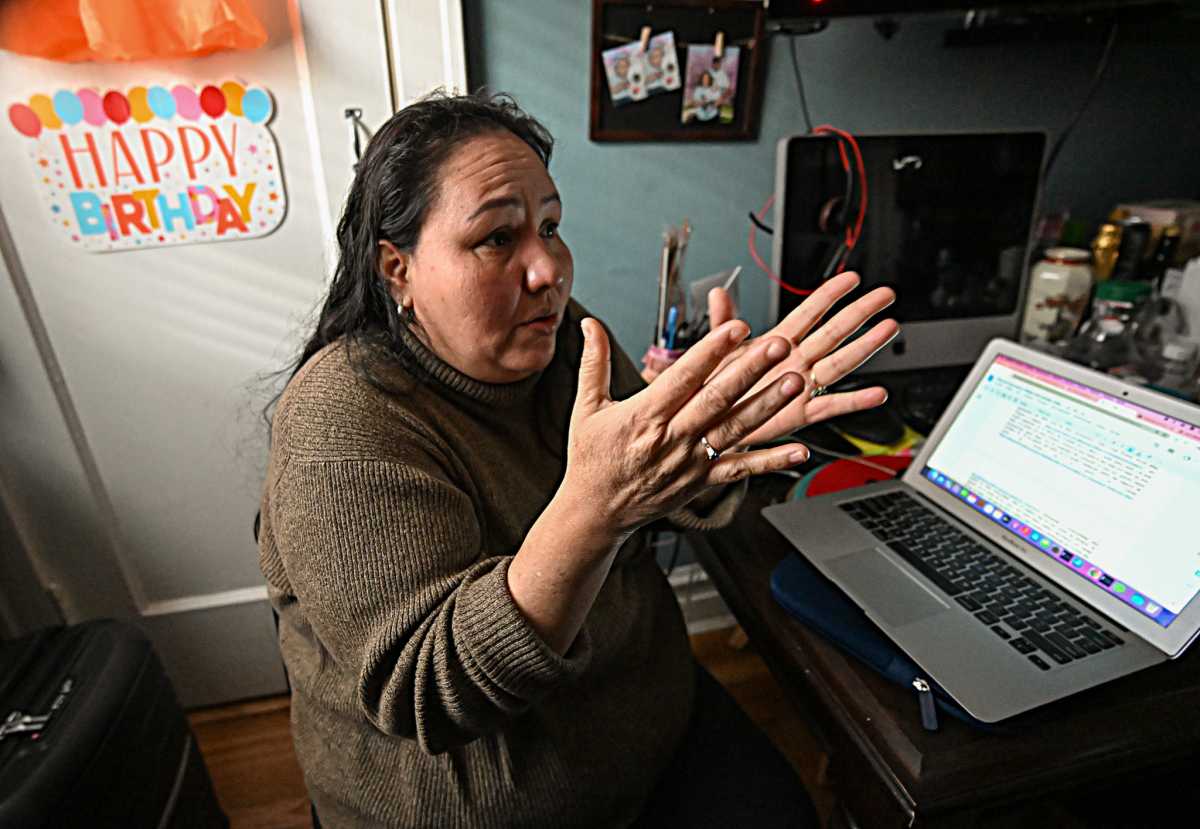
Hernandez shared that the detention center housing roughly 130 people forces them to sleep together in a shared space on the floor until recently receiving a bed. Many detainees have colds or sore throats, and although doctors are on-site, medical treatment is rarely authorized.
These unsanitary conditions and limited access to basic care are some of the conditions that Hernandez says detainees are experiencing daily.
The fight for his release from ICE
Alvarez is working with a lawyer regarding the questionable legality of transferring Hernandez without notice during the shutdown, including the fight for bail for her husband.
She says she will stop at nothing to secure his release. Alvarez and Hernandez are no strangers to long, emotional battles — like the one they fought to get to the United States.
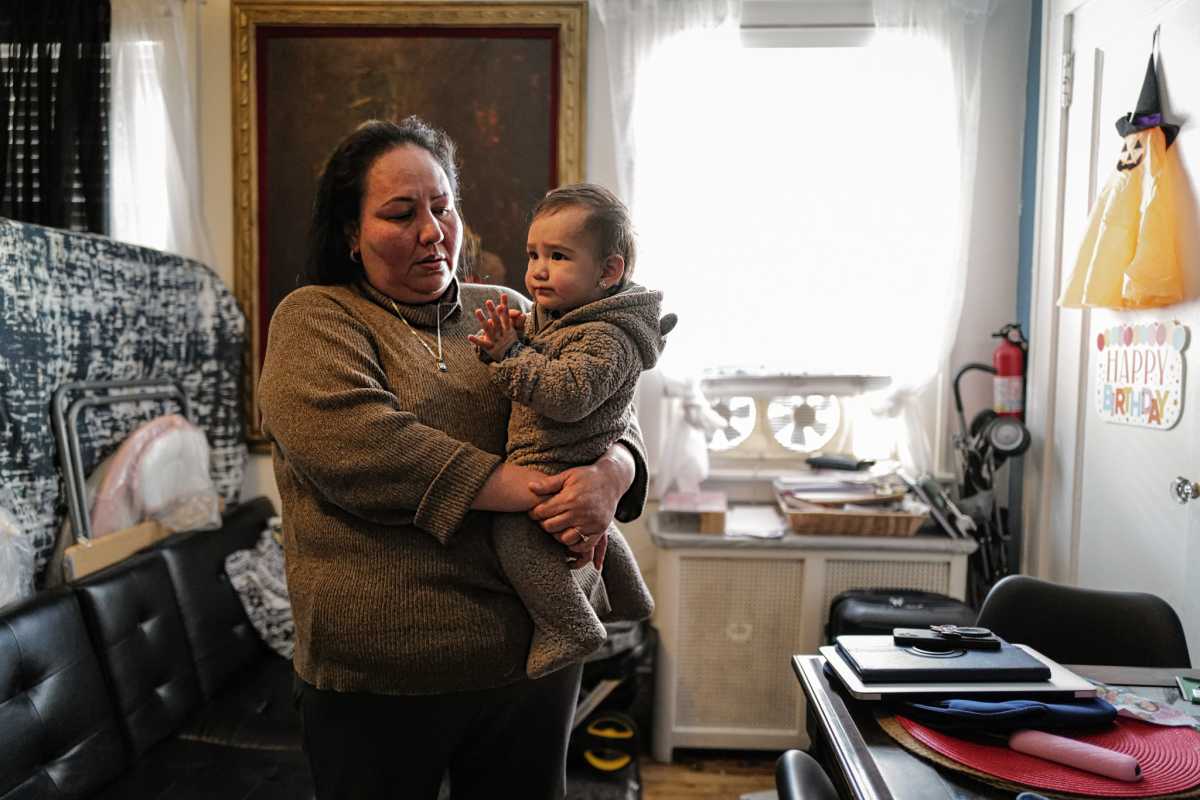
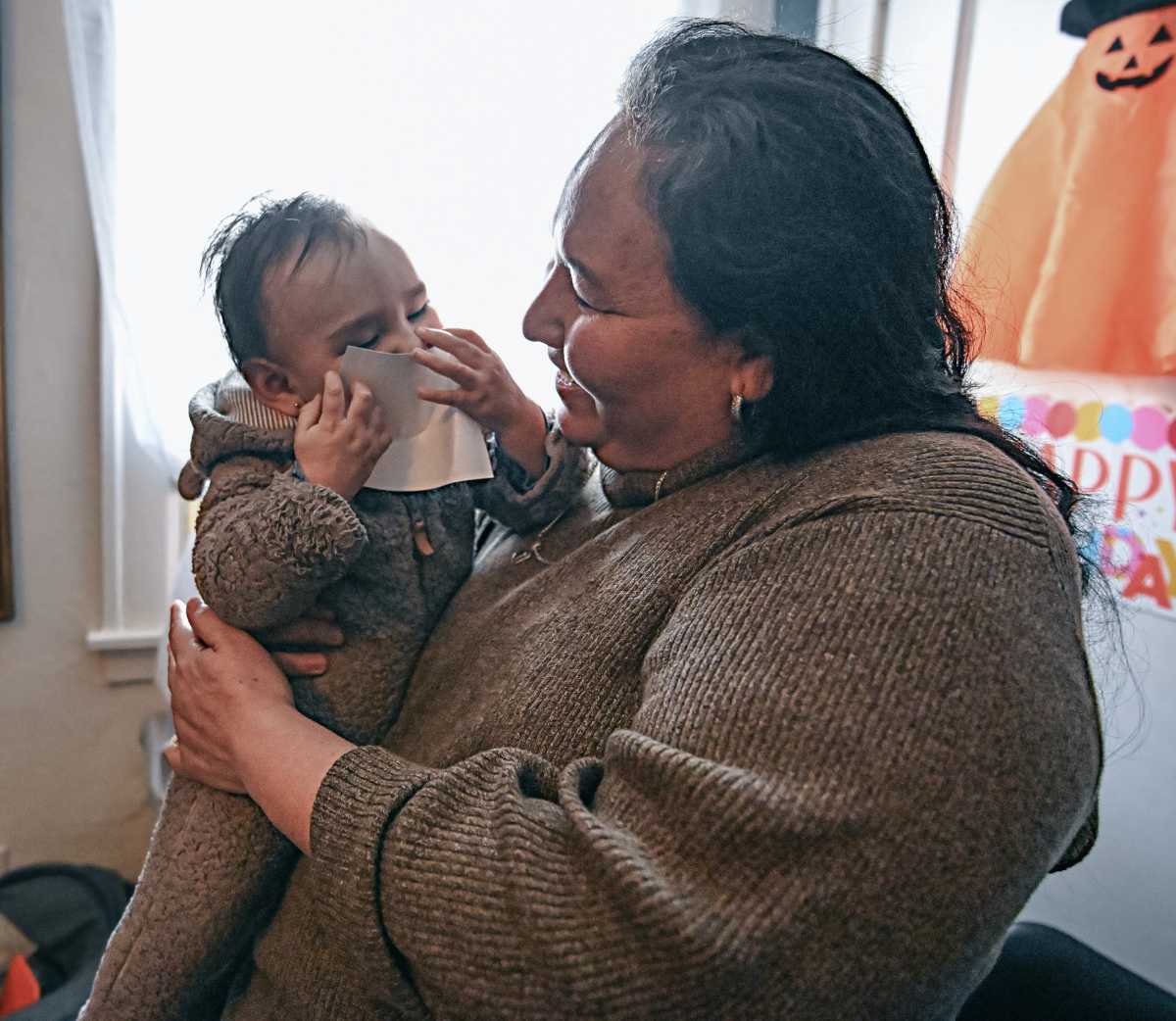
After losing his mom in 2023, Hernandez spiraled into a complete state of depression. He began participating more in church in his native Ecuador and ultimately sought a new start for emotional and financial stability. This new beginning for Hernandez sent him on a journey mentoring young people by attempting to steer them away from drug dealing.
These altruistic aspirations didn’t sit well with the criminal element in the region, which went on the attack. After he was robbed, Hernandez reported the crime to the police and identified the people responsible for it.
“You have to keep quiet because it’s worse to say that you know who they are because that costs your life. They’re going to kill your family,” Alvarez said, explaining that in Ecuador, this type of action often puts victims at much greater risk.
Things only worsened after the attack. Threats against Hernandez only escalated until a man wearing a fake police uniform on a motorcycle threw a bomb into his home, destroying it and killing his dog.
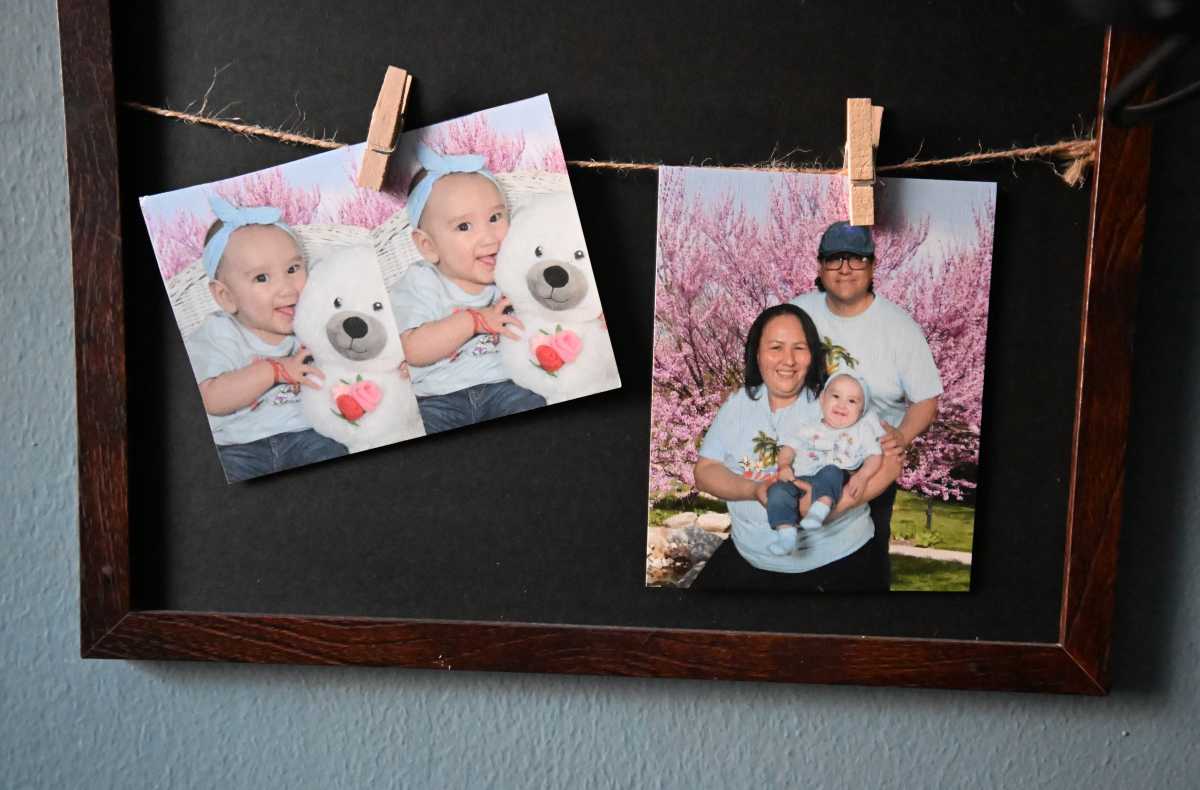
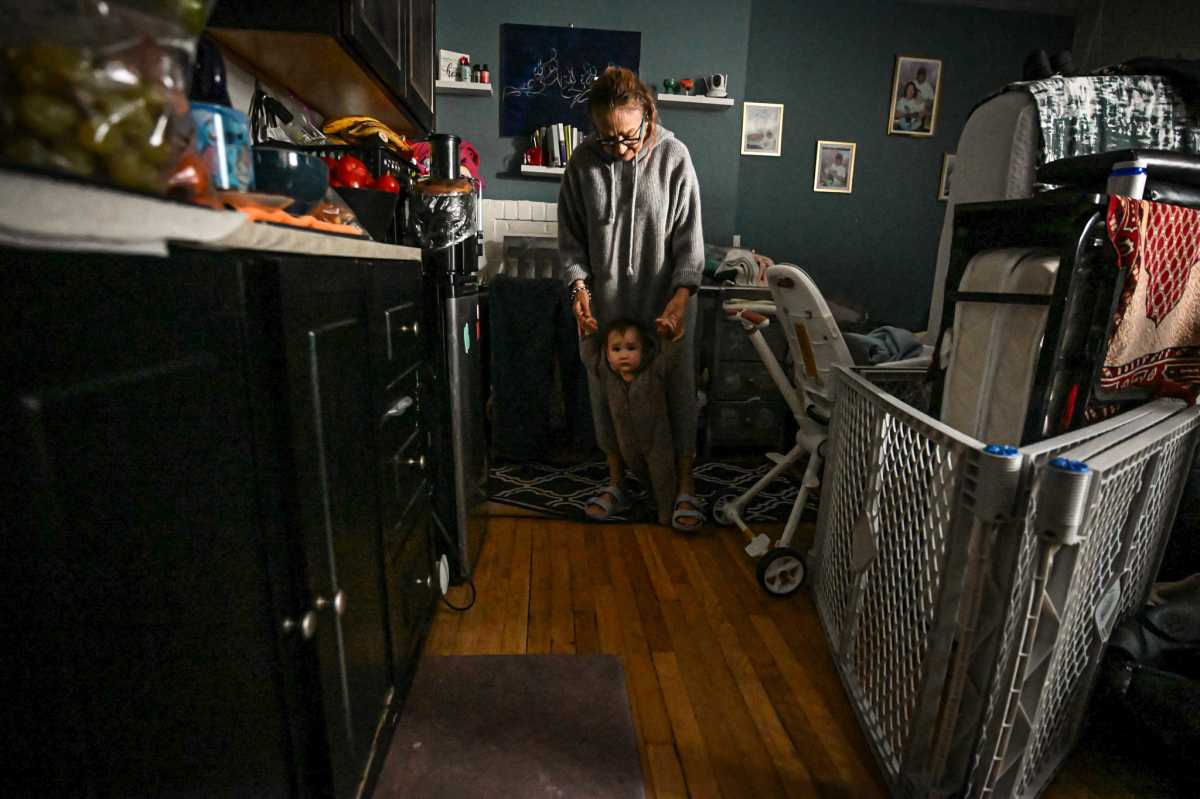
This bomb attack marked a turning point for Hernandez. He realized that he could no longer live safely or protect his family in Ecuador and flew to the United States at the end of September 2023 to seek safety and a new beginning.
When Hernandez arrived in the United States, he went to a church where he shared his story and was helped to find a home and economic stability. His asylum case was originally scheduled for April 2029, which initially gave him confidence to attend the ICE check-ins. However, despite the threat to his life, he was ultimately detained.
Now, in mid-November, his court dates are being constantly rescheduled, forcing urgent legal action to request more time to underscore the importance of his asylum claim.
Sitting on the edge of her bed holding her nearly year-old baby as a ray of golden light shone through the window, Alvarez made a solemn smile.
Photographs of her husband lined the walls, a symbol for that even though the path forward is an uncertain one, it is paved with resilience that they both hope will lead to reunification and a safe future for their family.
